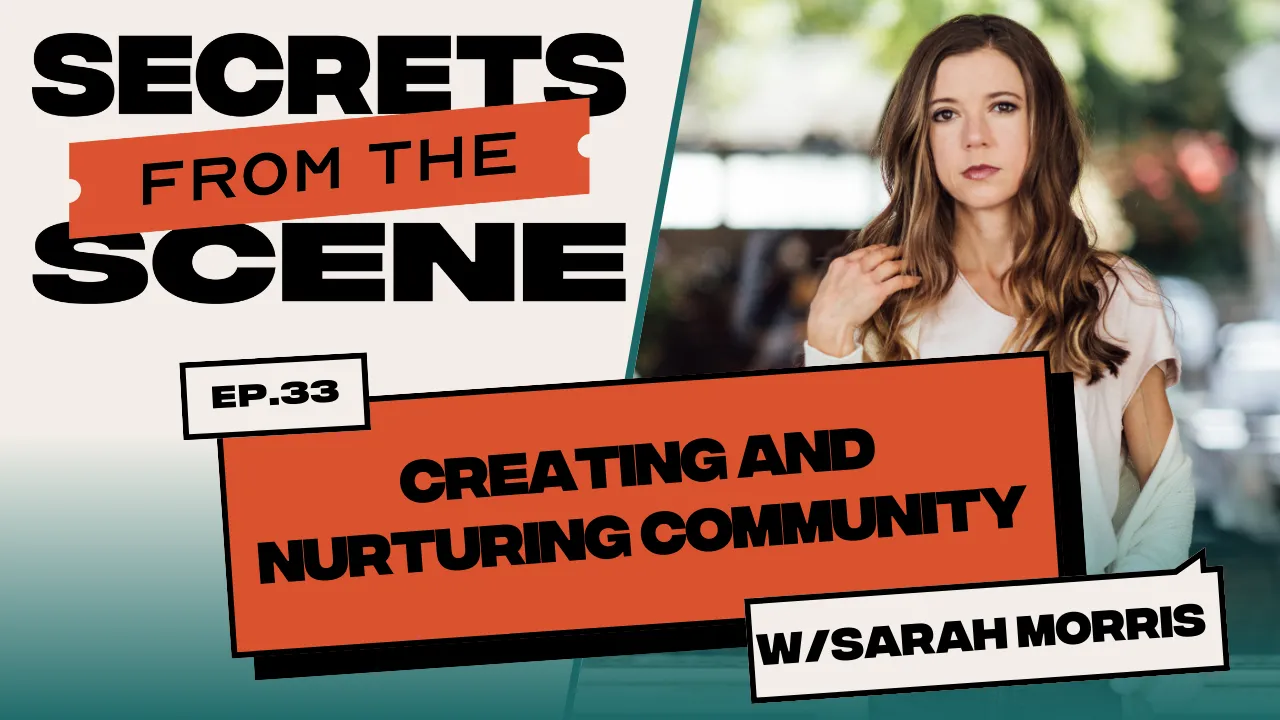Show Notes
Community building is crucial for independent artists. In this episode, I chat with Sarah Morris, a celebrated artist and community builder in the Twin Cities music scene. Sarah shares her journey and insights on creating and nurturing communities through music.
Have you been looking for ways to better connect with your fanbase? Or maybe you're trying to deepen your relationships with other artists and creatives? This conversation is packed with examples from Sarah's own career that have not only supported her impressive music journey but also helped her network and connect with people she otherwise wouldn't have met.
Sarah is constantly finding ways to support and connect with other creatives while creating entertaining content that bolsters her own brand and artistry. From her unique web series, "Toilet Tunes," to her Patreon membership, artist newsletter, blog interviews, and songwriter workshops, Sarah demonstrates a win-win approach that’s both smart and effective.
Instead of constantly promoting her work on social media, Sarah focuses on creating value for the community she'd like to connect with. This approach leads to organic fan growth and genuine connections, all while doing something she believes in and enjoys. If you can do this authentically, it's a win-win-win for you, those you're connecting with, and the larger musical community.
I find Sarah's mindset and actions around her communities truly inspiring and worth learning from. I hope you enjoy the episode!
watch now on YouTube:
Episode Links and Mentions
Connect with the Guest
Featured Song
Connect with Me
Give Feedback
📬 Send me a message: stephen@secretsfromthescene.com
💬 Suggest a guest or topic: podcast@secretsfromthescene.com
🎙️ Brought to you by:
--------------------------------
Thank You
This podcast is made possible by the hard work, expertise, and commitment of my team:
Max Greene and Joey Biehn. I'm forever grateful.
--------------------------------
Theme Music: "Thankful" Courtesy of LUEDVIG

